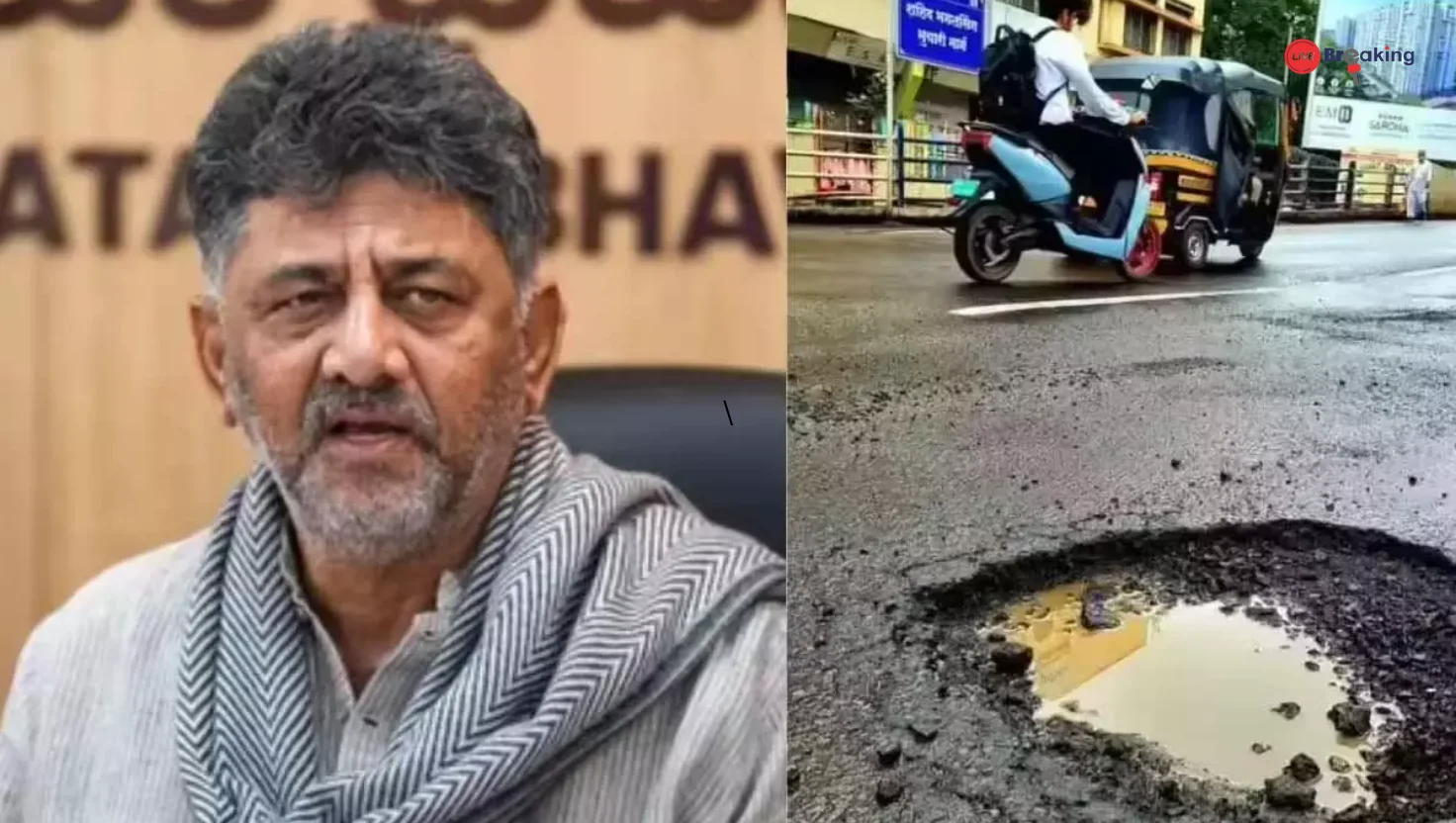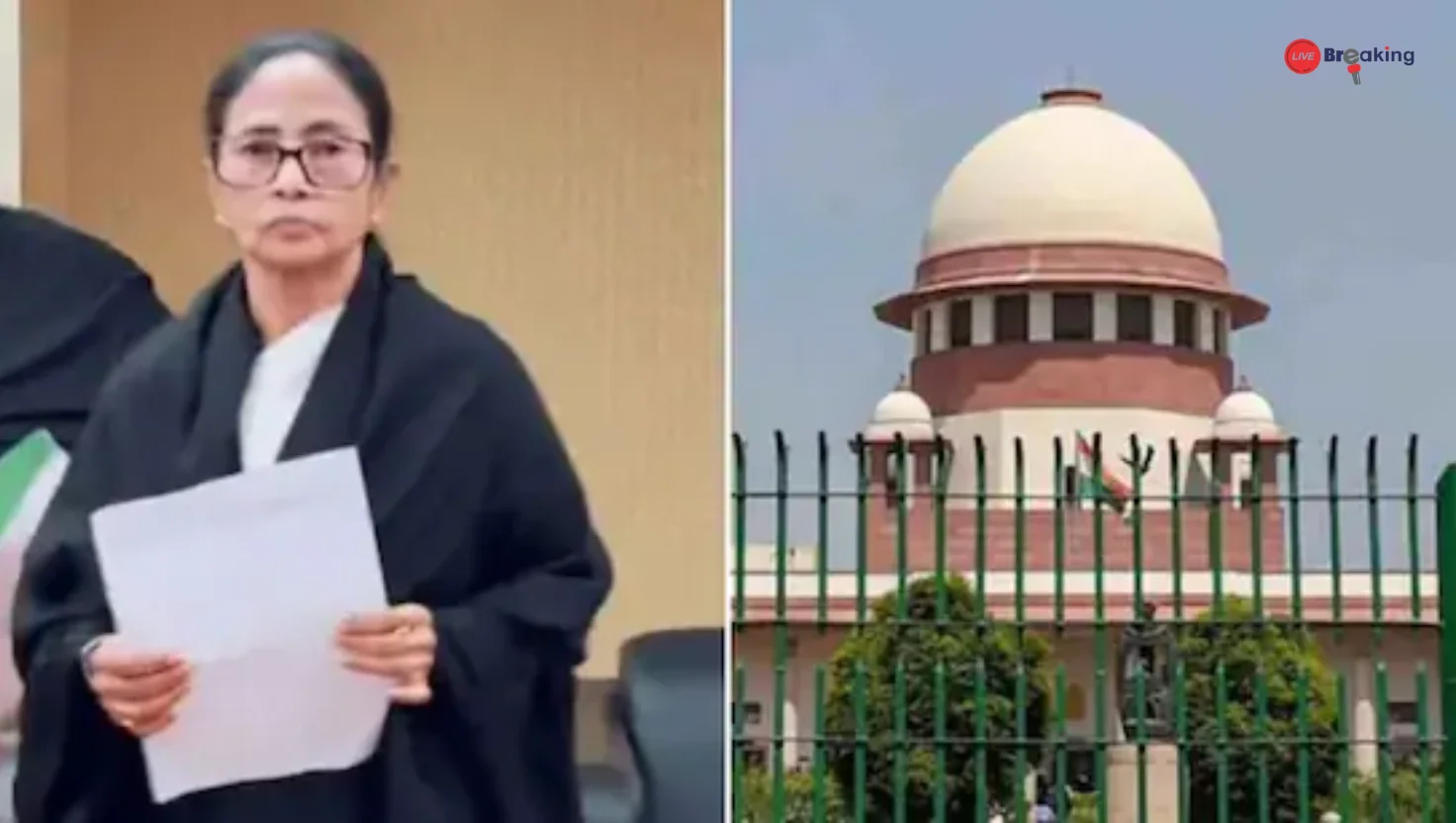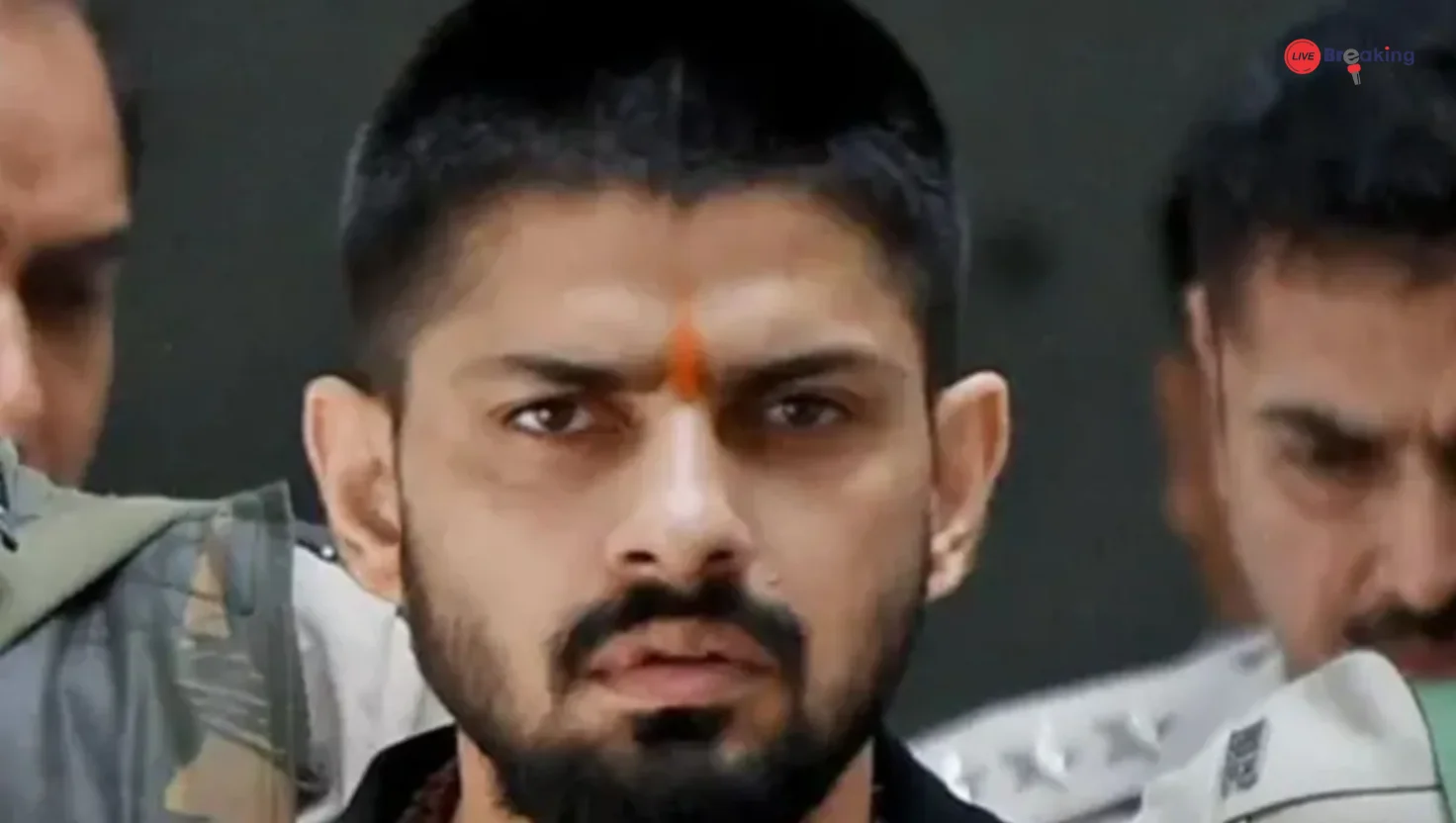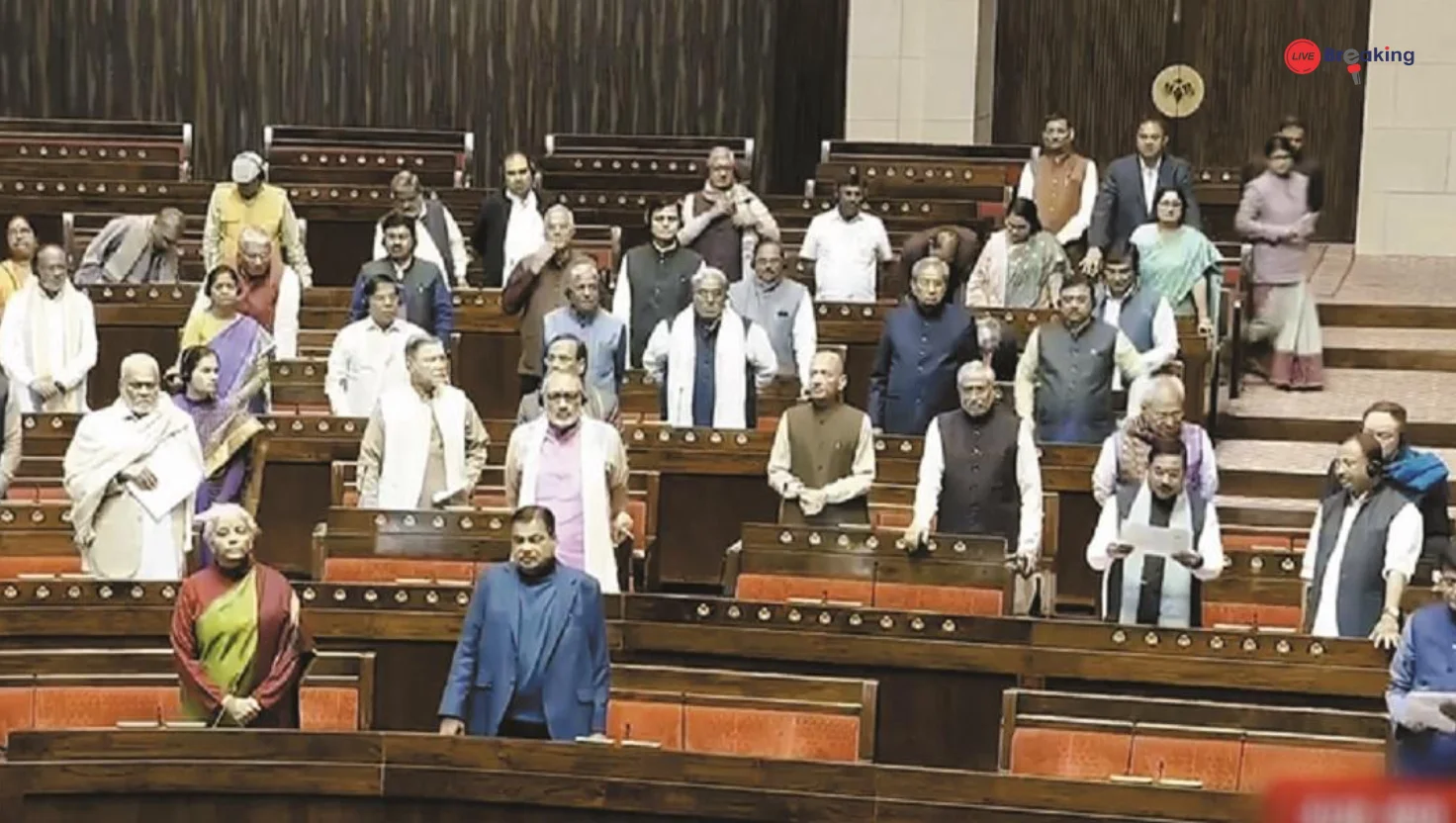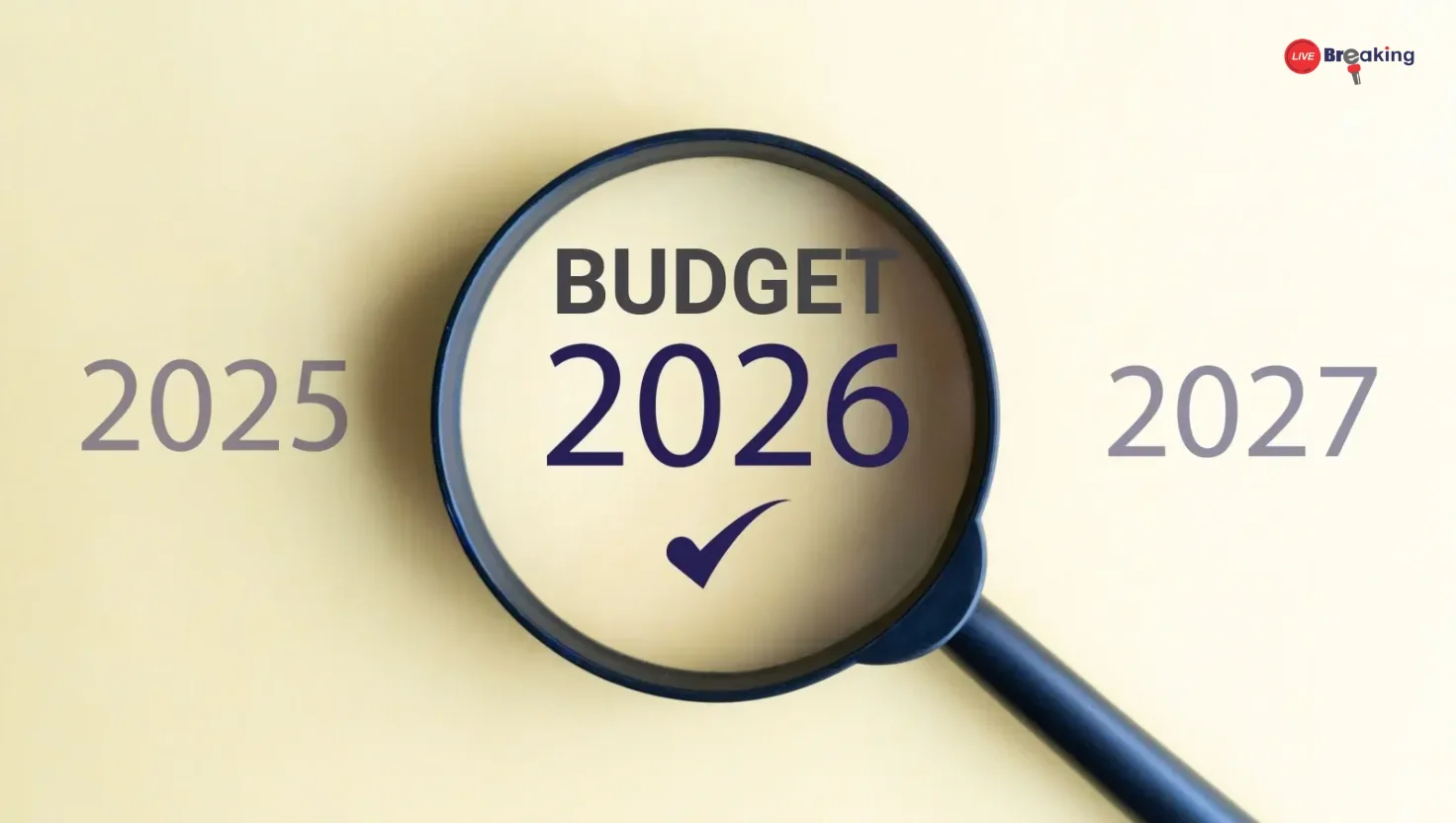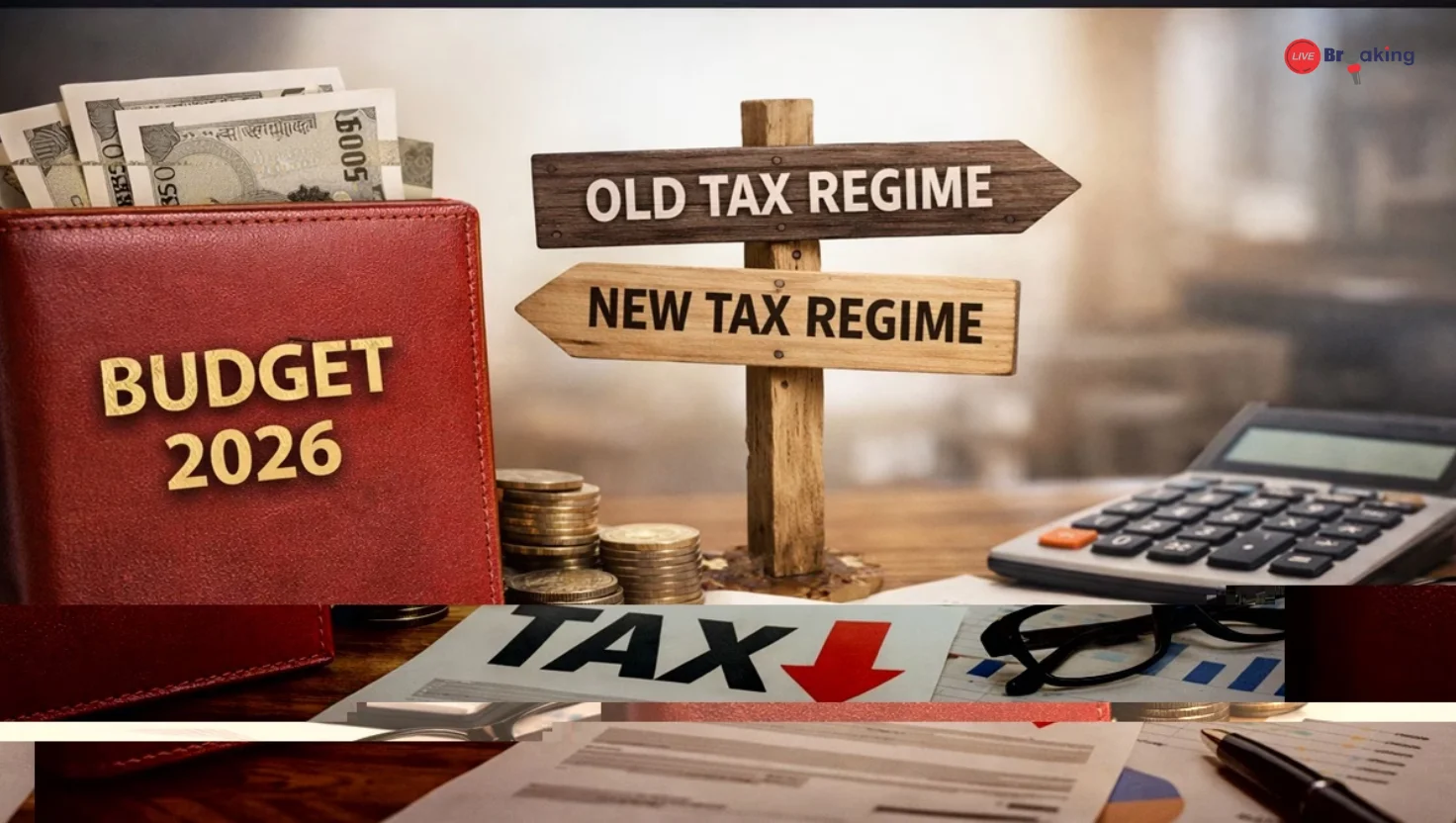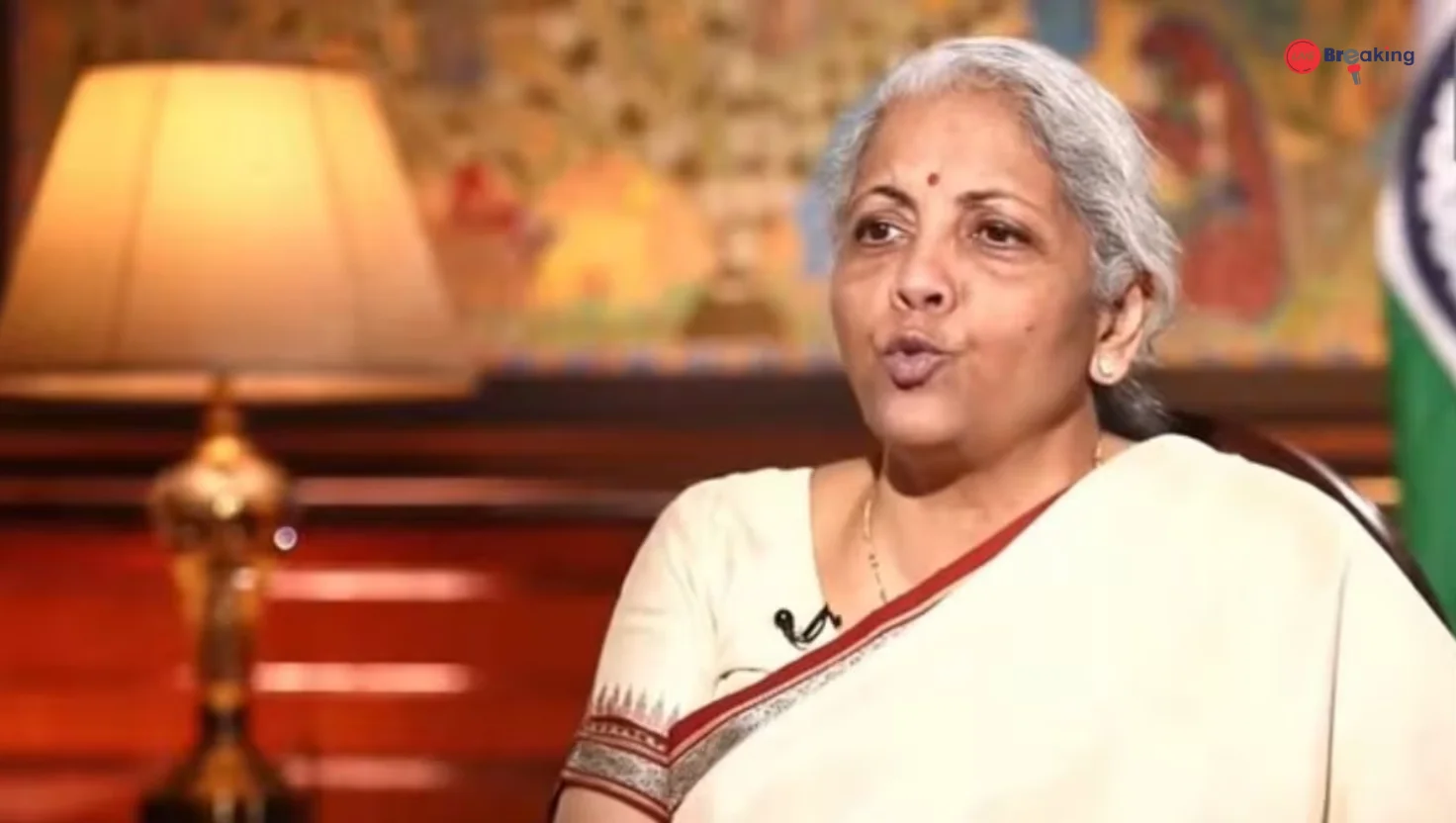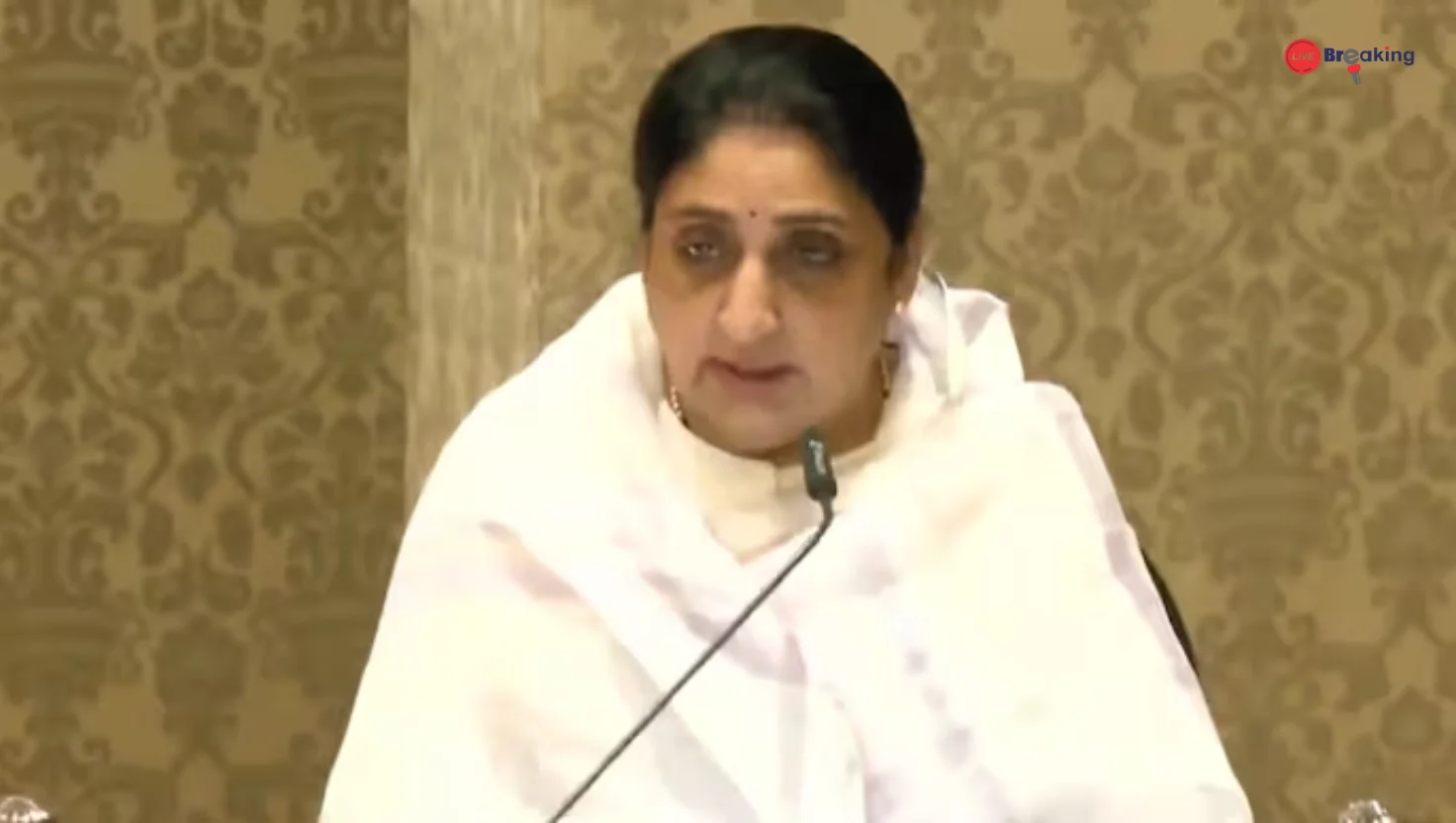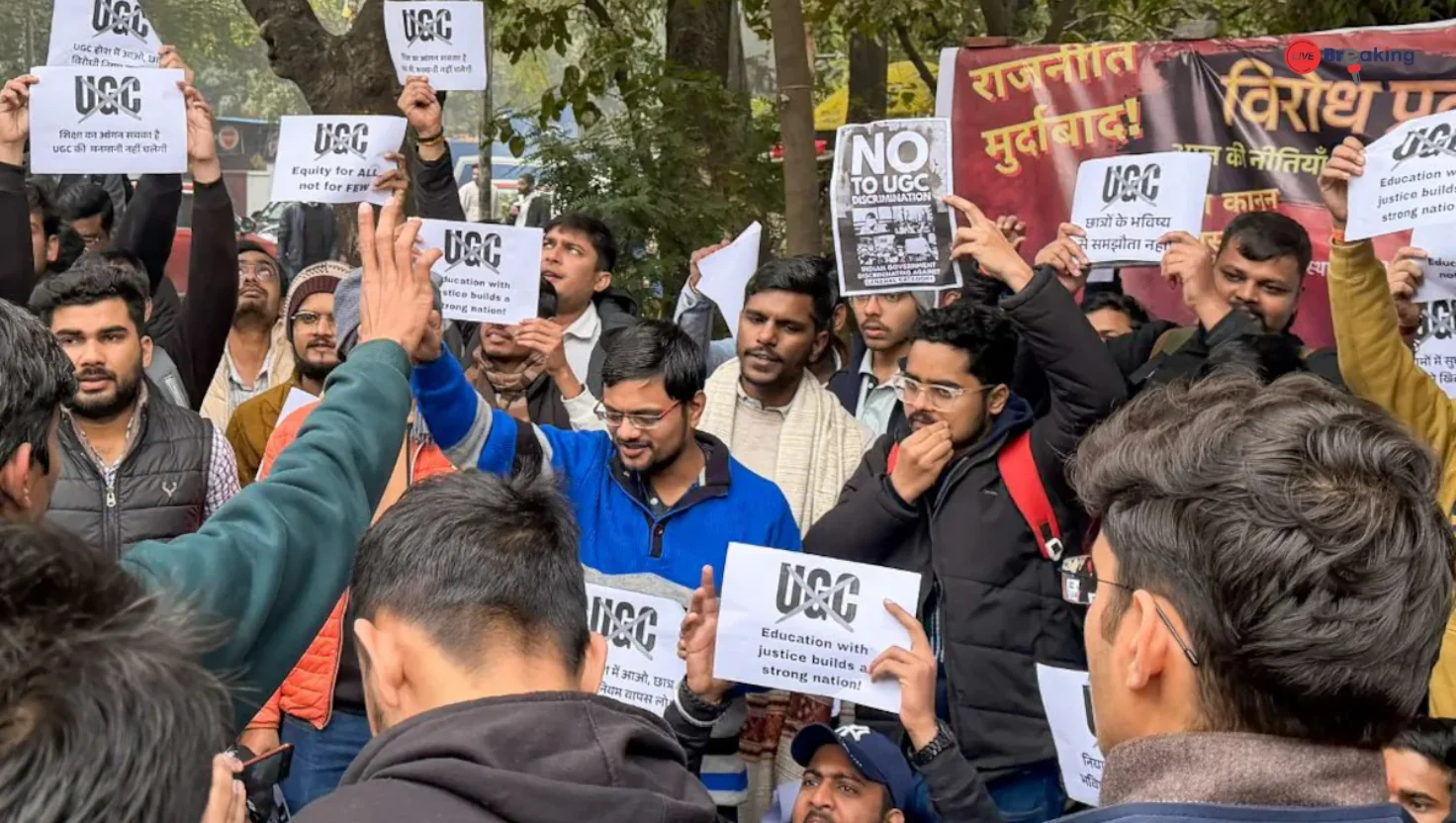Bengaluru Citizens Say No Tax for Bad Road, DK Shivakumar Responds
No Tax for Bad Road: In what’s being called a digital revolt of sorts, Bengaluru’s citizens have launched a strong protest online, declaring they will refuse to pay property tax until the city’s crumbling infrastructure is fixed. From waterlogged roads to endless potholes and mounting garbage issues, the grievances have reached a boiling point — pushing residents to collectively question what they’re paying for.
The campaign, which quickly gained momentum across social media platforms, saw thousands of frustrated Bengalureans sharing images of damaged roads and chaotic traffic jams with the tagline: “No Tax Without Infrastructure.” The outcry was so loud that it prompted Deputy Chief Minister DK Shivakumar, who also heads the Bengaluru Development Ministry, to respond publicly and urge patience.
A City at Breaking Point
Once celebrated as India’s tech capital, Bengaluru’s infrastructure problems have been worsening over the years. Despite being one of the highest tax-paying cities in the country, residents say they are fed up with unfulfilled promises of better roads, effective drainage systems, and traffic management.
Citizens claim that even after paying hefty property taxes, basic civic amenities are deteriorating. Potholes continue to claim lives, lakes overflow every monsoon, and garbage management remains inconsistent across localities. The recent rains further exposed the city’s fragile infrastructure, with flooded streets in IT corridors and residential areas alike.
One resident posted online, “Every year we pay tax hoping for improvement, and every year our roads get worse. Why should we keep paying for negligence?” The sentiment struck a chord, spreading like wildfire among citizens who have long felt ignored by local authorities.
The Viral Call for Accountability
The tax boycott sentiment didn’t begin as an organized political movement but rather as a spontaneous online campaign. Over the past week, residents from areas like Whitefield, Koramangala, Bellandur, and Yelahanka shared photos and videos of knee-deep water and broken pavements, tagging civic officials and ministers.
Hashtags like #NoTaxForBadRoads, #FixBengaluru, and #WeDeserveBetter began trending, as tech professionals, apartment associations, and citizens’ groups joined the chorus demanding visible change.
Some even pointed out that property tax collections had increased significantly over the past few years, yet civic outcomes remain poor. Apartment Owners’ Associations in several localities hinted at coordinated tax protests unless repair and maintenance works begin immediately.
DK Shivakumar Steps In
Amid growing backlash, Deputy Chief Minister DK Shivakumar addressed the issue, acknowledging citizens’ frustrations while cautioning against withholding tax payments. He assured that the government is actively working on a comprehensive infrastructure plan to revamp Bengaluru’s civic systems.
Read more: Delhi Government to Table School Fee Bill Amid Backlash Over Delay
“We understand the pain of the people,” Shivakumar said, adding that the city’s expansion has outpaced earlier infrastructure plans. “We are preparing a long-term development strategy to address drainage, road, and traffic issues once and for all. I request citizens to cooperate with us as we work on these improvements.”
He also hinted at major road redevelopment projects in coordination with the BBMP (Bruhat Bengaluru Mahanagara Palike) and the Bengaluru Water Supply and Sewerage Board (BWSSB) to fix long-standing civic challenges.
However, residents remain skeptical. Many pointed out that similar promises were made in the past without tangible results.
BBMP Faces the Heat
The BBMP, which collects property taxes, has found itself at the center of the storm. Officials maintain that tax revenue is essential for executing development projects and that non-payment could further slow progress.
However, citizens counter this argument by pointing out the lack of transparency in how funds are spent. They demand periodic public reports detailing where taxpayer money is allocated and how it contributes to infrastructure improvement. Several activists have called for independent audits of BBMP’s spending to ensure accountability.
Experts Weigh In
Urban experts say the tax boycott sentiment, while symbolic, underscores the growing disconnect between residents and civic governance. “People are not against paying taxes,” said one urban planner. “They’re against paying for inefficiency. Bengaluru’s taxpayers are among the most responsible citizens in India, but they want to see value for their contribution.”
Read more: Nitish Kumar Flexes Power: JDU Snatches 5 Key Seats Sought by Chirag Paswan
Many believe this incident should serve as a wake-up call for authorities to prioritize long-term urban planning, not just reactive repairs. Experts also highlight the need for inter-departmental coordination, as multiple agencies currently handle overlapping responsibilities, often leading to delays and mismanagement.
The Road Ahead
As the debate continues, the larger message from Bengaluru’s residents is clear: they demand results, not reassurances. The growing frustration reflects a broader urban crisis — one that affects every major Indian city grappling with rapid growth and inadequate infrastructure planning.
While DK Shivakumar’s response has temporarily eased tensions, citizens insist they will monitor progress closely before resuming tax payments. For now, the ball is in the government’s court to prove that promises of a better Bengaluru are not just political rhetoric but a real commitment to the people who keep the city running.

